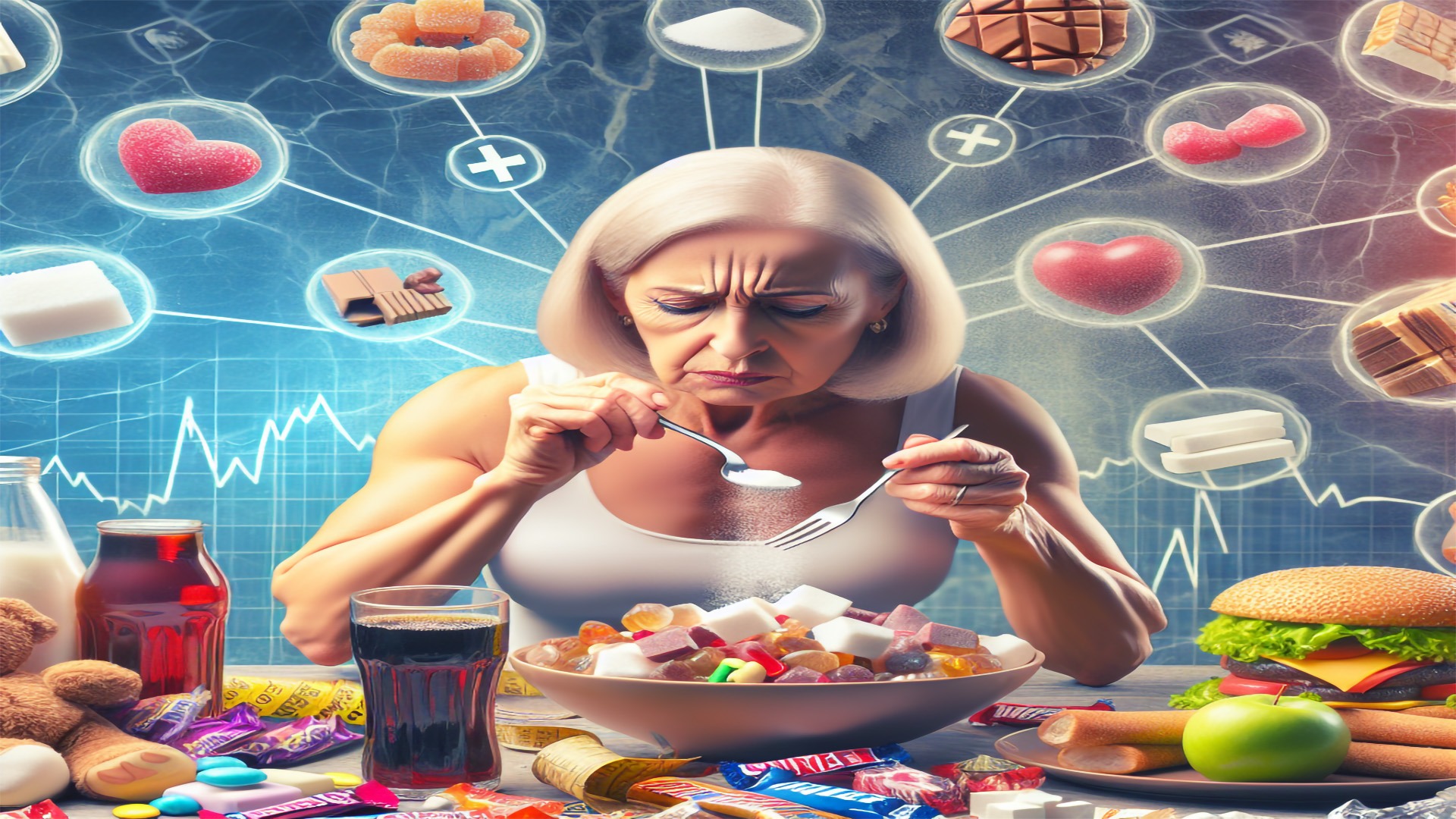
These 10 nutrition mistakes could be taking years off your life: Here's what to do instead
Nutrition tips that make great sense and are delicious, too
If food is medicine, many Americans are in dire need of a new prescription, according to experts.
Adults who stick to a healthy diet are much less likely to experience obesity, heart disease, diabetes and even some types of cancer, says the Centers for Disease Control and Prevention (CDC) — yet most Americans aren’t getting the nutrition they need. Worse still, they’re eating excessive amounts of the wrong things.
"Nutrition is thought to dictate about 80% of one’s health, and obesity irrefutably shaves nearly 10 years off a person’s life," said Dr. Brett Osborn, a board-certified neurosurgeon in West Palm Beach, Florida, and author of "Get Serious, A Neurosurgeon's Guide to Optimal Health and Fitness."
"You can extend your ‘health span’ — or the time that you remain fully functional and free of disease — by simply following some basic nutritional principles," he said.
Below are the 10 most critical nutrition mistakes people are making — and what they should be doing instead.
Mistake No. 1: Consuming Excessive Sugars
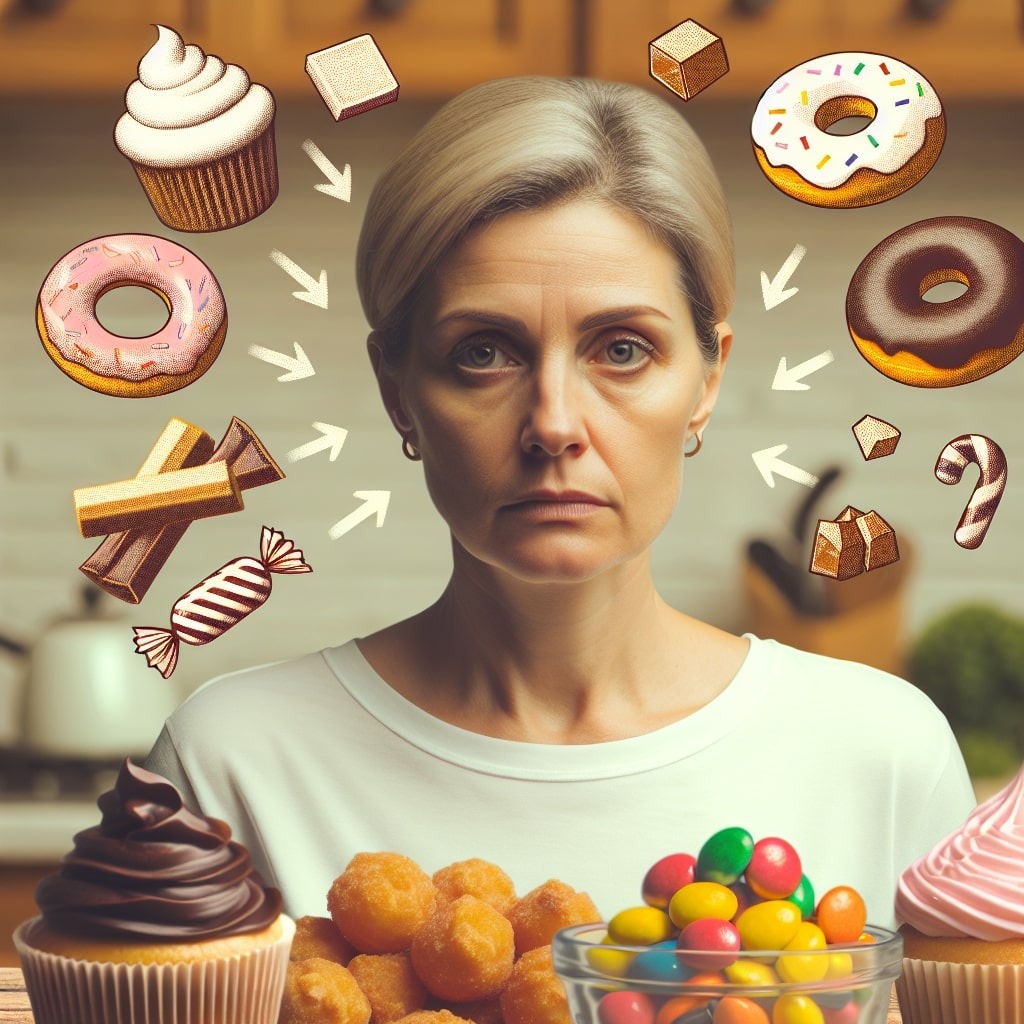
Osborn described excess sugar consumption as "the root of all evil."
"Sugar, by definition, is a high glycemic index carbohydrate, meaning that once it enters the gut, it immediately crosses the bowel lining and enters the bloodstream, causing a rapid rise in blood sugar," he said.
"In response, the pancreas secretes insulin, and the sugar (i.e., glucose) is shuttled into the cells for use as energy."
But there’s a problem, Osborn said: The sugar molecules are released into the bloodstream so quickly that they damage the arterial walls — which causes inflammation.
"The next thing you know, there is a large plaque within a major artery of the heart, and you’re one step closer to your first heart attack," he warned.
"To add insult to injury, eating simple carbohydrates shuts off fat burning by spiking insulin levels, and at the same time turns on fat production," he said.
Osborn recommended limiting simple carbs like bread, pasta, rice, candy or other things that taste sweet.
"They train your body to burn sugar, and all excess is stored as fat," he said. "This further stokes inflammation and places you on the accelerated train of aging."
The experts at Osborn’s Florida clinic recommend consuming only carbohydrates with a glycemic index of 40 or less.placeholder
The glycemic index (GI) is a rating system for carbohydrates that indicates how quickly they cause a spike in blood sugar (glucose).
"Low-GI foods will keep you in a fat-burning state indefinitely by maintaining low insulin levels, a barometer of health," Osborn said.
Some high-GI foods include bread, candy and cookies, while low-GI foods include fruits, unrefined grains and non-starchy veggies, according to Verywell Health.
Mistake No. 2: Neglecting Portion Control
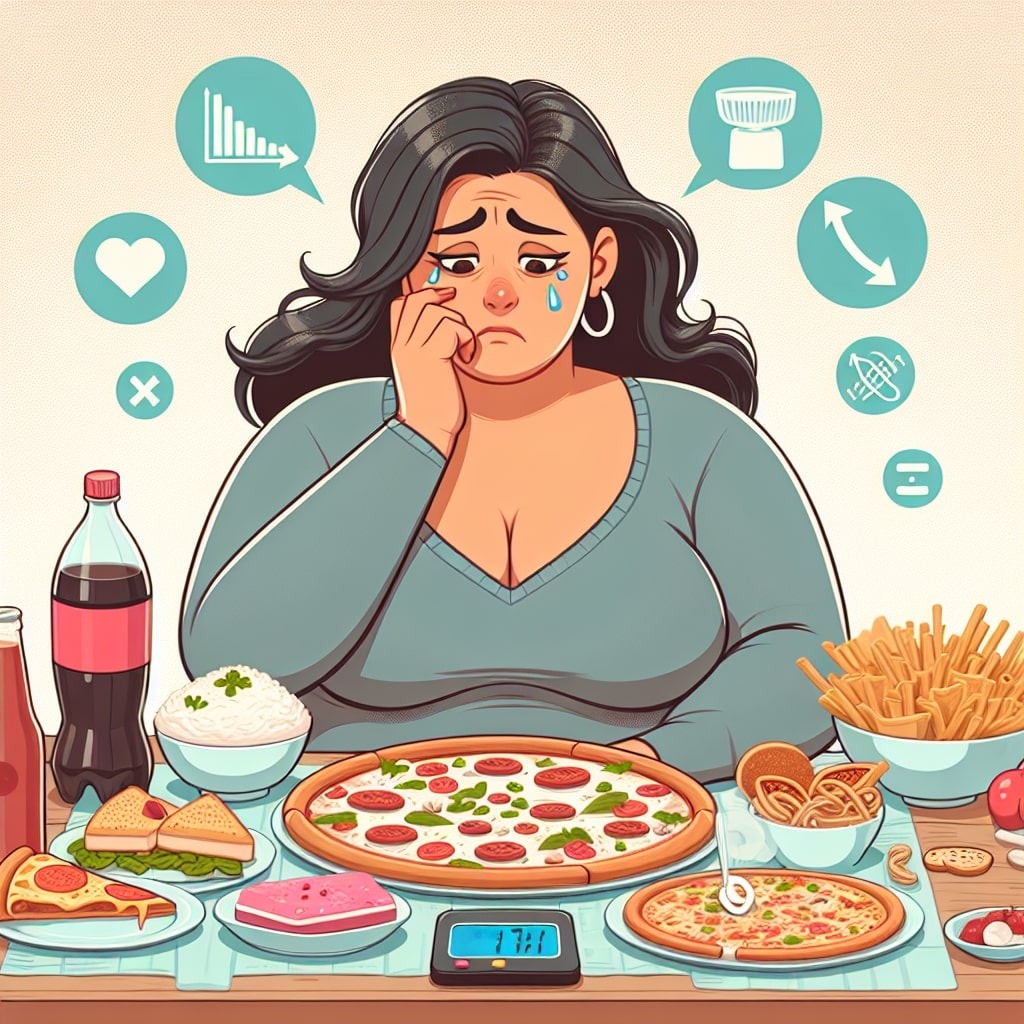
Eating portions that are too large can lead to overeating and daily caloric surplus, according to Osborn.
"Everything in the U.S. is ‘super-sized,’ including foods that are potentially healthy," he said.
The solution here is simple, Osborn said: Be conscientious of your portions.
"Stop eating early, before you feel full, and chew your food slowly — 20 times before you swallow," he advised.
"By slowing down your eating, your brain will have ample time to sense that your stomach is distended and generate a satiety signal," the doctor said.
"Scarfing your food down will do just the opposite, and you’ll likely overeat."
Mistake No. 3: Not eating Enough Protein
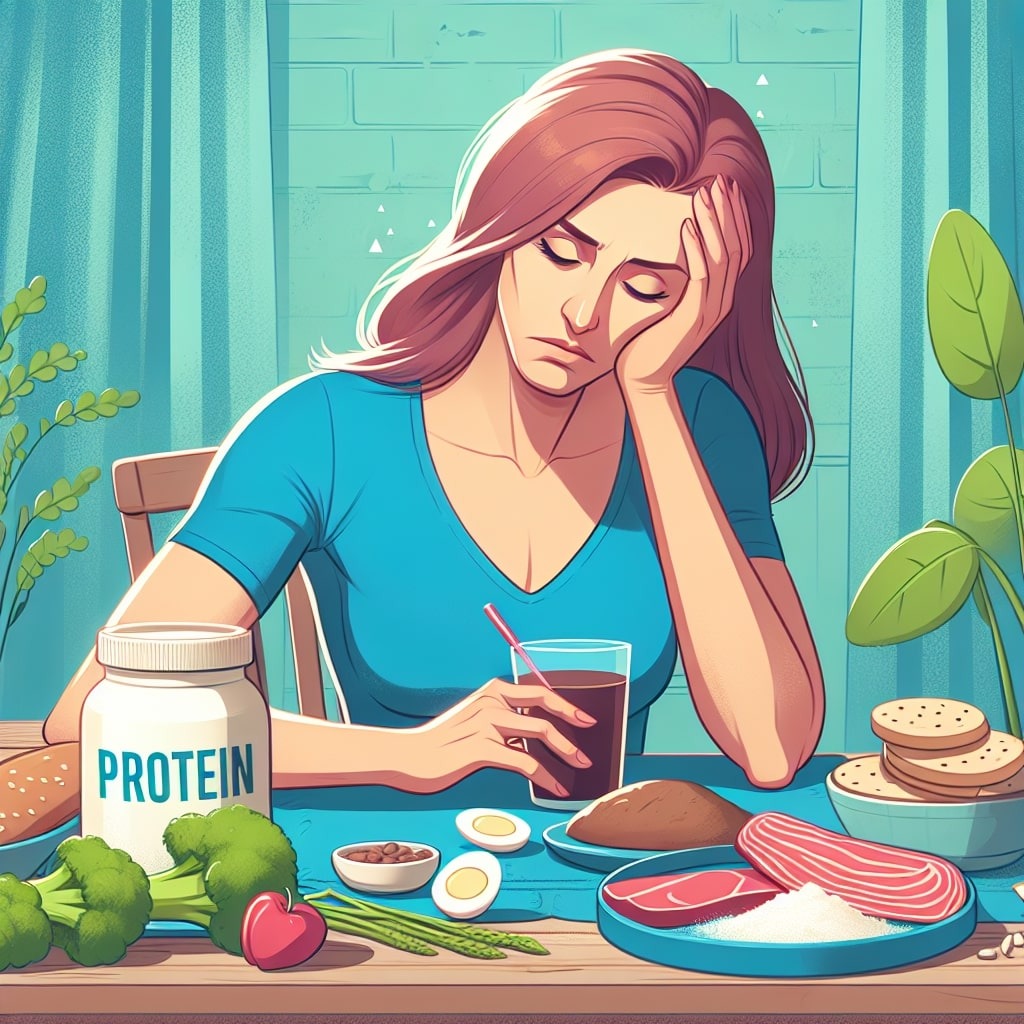
Many people are guilty of this one, particularly vegans, said Osborn.
"If you don’t consume enough protein during the day, you will likely shed metabolically precious muscle," he said.
Muscle is responsible for burning fat. "It is your horsepower," said Osborn.
It also serves as a "protein depot," he said. During times of stress or illness, the body can draw amino acids from muscle, form antibodies and fend off offending pathogens. These amino acids can also be used to repair injured tissues.
"Those with some physical stock admitted to the ICU in the wake of a head injury have a much higher chance of surviving compared to the patient who is devoid of muscle," noted the neurosurgeon.
"The stronger do survive longer. This is a fact," he said.
The doctor recommended eating at least 0.75 grams of protein per pound of bodyweight daily — or 1 gram for those who are doing strength training aggressively.
"Vegans should attempt to get their protein in any way they can, to avoid becoming the dreaded ‘skinny fat,’ an unhealthy phenotype," he added.
Mistake No. 4: Avoiding Fat Altogether

There’s a common misconception that "fat is bad," but Osborn said that’s not true.
"Only fat in the presence of high insulin levels (from consumption of simple carbohydrates) is bad for you," he clarified.
"Eating fat with protein or with low glycemic index carbohydrates keeps insulin levels at bay, and therefore, does not turn off fat burning. In fact, it encourages your body to continue burning fat."
Fat — particularly omega-3 and omega-9 — is also important when it comes to reducing inflammation and combating the free radicals that can damage cell walls and accelerate the aging process, the doctor noted.
Plus, eating fats will induce a satiety signal and reduce the tendency to overeat.
So instead of skipping fat, Osborn said it’s best to pair it with the proper healthy (low-glycemic) foods.
“Eat fats liberally, either with protein or with a low glycemic index carbohydrate or both," he said. "In other words, you can have the filet mignon (protein and fat) but skip the mashed potatoes. Choose broccoli (a low-GI carbohydrate) instead."
Ideally, he recommended choosing anti-inflammatory fats such as omega-3 (from cold freshwater fish or algae) or omega-9 (olive oil).
Mistake No. 5: Not Consuming Enough Vegetables
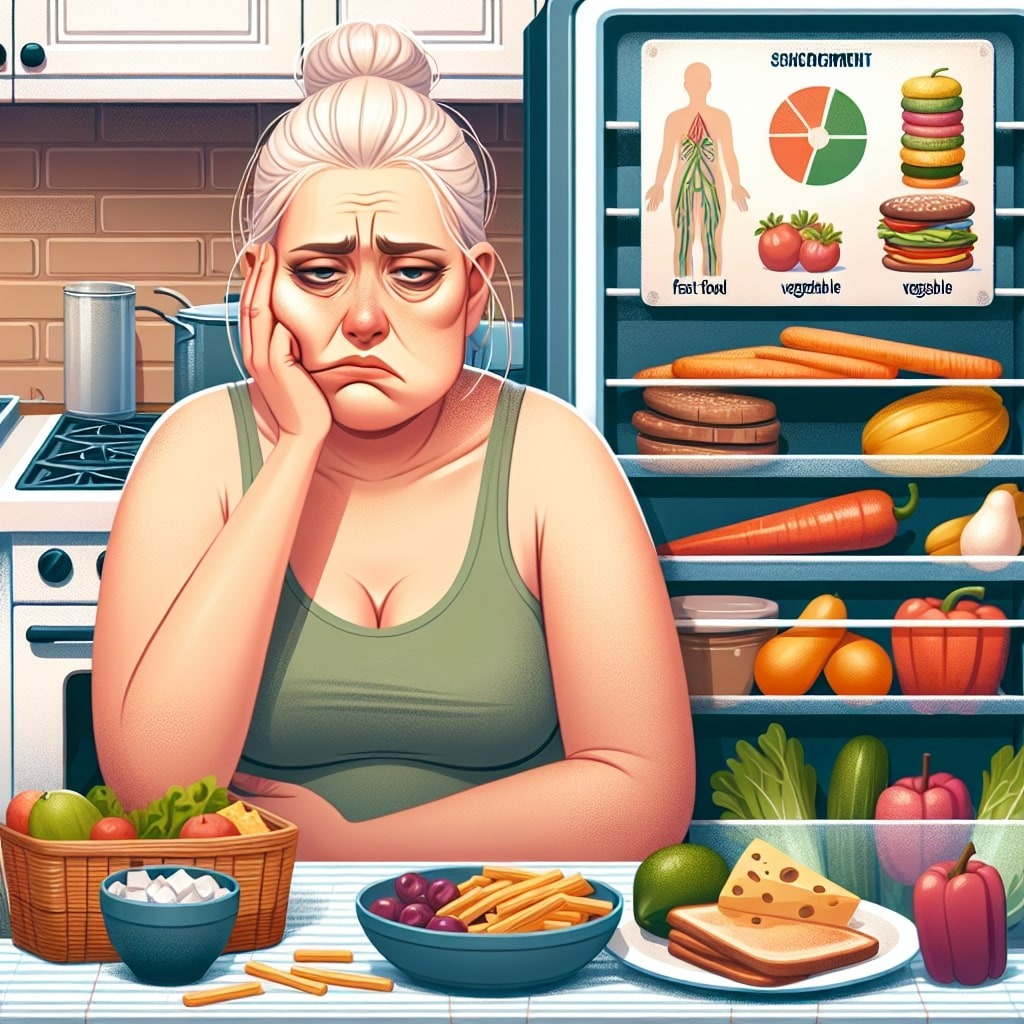
Most Americans are guilty of omitting vegetables from their diets, Osborn said, but these foods are replete with vitamins and minerals that people need in order for their biochemistry to work optimally.
"In addition, vegetables can be an excellent source of fiber that promotes gastrointestinal health (i.e., regular bowel movements and a healthy gut microbiome, both of which lower bodily inflammation)," the doctor said.
The fiber also induces a satiety signal that reduces the likelihood of overeating.
Osborn recommended eating five servings of vegetables daily.
"If this is difficult for you, or if you abhor the taste of vegetables, blend them into a smoothie or drink several bottles of low-sodium V8 juices," he advised. "I also use readily available vegetable (superfood) powders and mix them with water."
He added, "That said, raw vegetables are always the best option."
Mistake No. 6: Not getting enough fiber
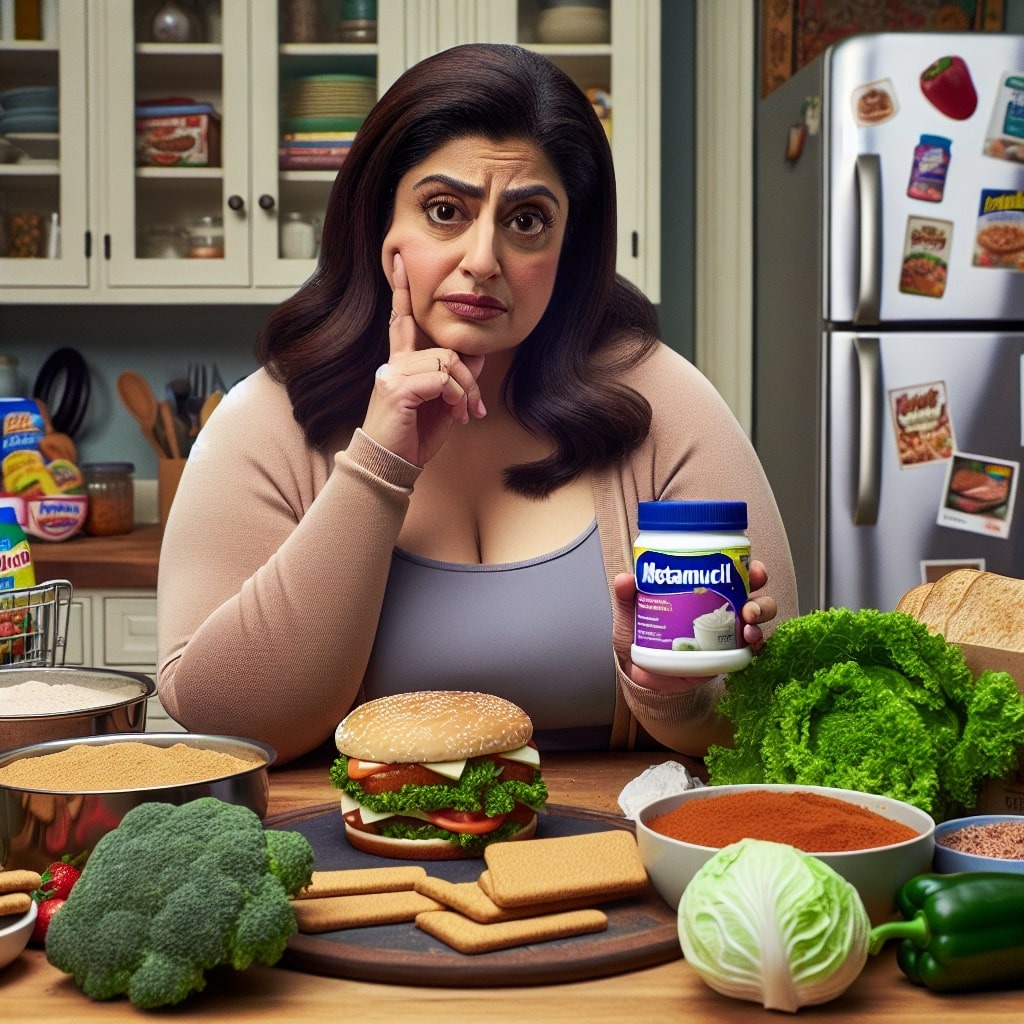
Most Americans don’t get enough fiber, said Osborn, which is a "big problem."
"Fiber slows the rate that sugar is absorbed into the bloodstream — so it actually lowers the glycemic index of your food," he said.
Fiber also lowers the risk of bowel cancer, as toxins are shuttled through the GI tract quicker, the doctor explained — "another reason why you must eat your vegetables."
When choosing the day's veggies, Osborn recommended fibrous options like lettuce, broccoli and spinach.
Another option is to supplement the diet with a powdered fiber source, such as Metamucil.
Mistake No. 7: Drinking too much alcohol

While drinking is often a fixture of social activity or relaxation, Osborn warned that alcohol is a source of excess "empty" calories.
"The alcohol molecule serves no physiologic benefit — it is a toxin that interferes with brain function," he said. "If you’re wanting to shed body fat, drinking will slow your efforts dramatically, as the extra calories will be ‘weighed against’ your daily caloric burn."
Alcohol also interferes with blood sugar regulation via its negative effects on the liver.
"This will predispose you to insulin resistance or prediabetes, and potentially to obesity," Osborn said.
This mistake also has a very simple solution: "Get rid of it," the doctor said.
For habitual drinkers, Osborn recommended reducing drinking by 50% every six months until people are not consuming any alcohol.
"You’ll feel dramatically better, shed the unsightly spare tire and be able to spend your hard-earned dollar on a gym membership," he said.
Mistake No. 8: Not Drinking Enough Water

Adequate water consumption is often overlooked, particularly in older individuals who lose their thirst responses with age, Osborn said.
"This can be very problematic, because dehydration predisposes one to falls, one of the most common causes of traumatic brain injury," he noted.
In his neurosurgery practice, Osborn said he often treats seniors who have sustained falls and bled into their brains, largely due to a combination of dehydration and overmedication leading to low blood pressure and fainting.
To prevent the dangerous effects of dehydration, the doctor advised striving for one gallon of electrolyte-laden water daily.
"You can use powdered electrolytes and add a packet or two to each gallon," he said. "Avoid purified water, as it tends to leach out of the blood vessels and, therefore, does not support blood pressure."
Mistake No. 9: Eating Late At Night

Too often, Osborn said people eat smaller amounts and fewer calories during the day and then binge-eat at night — as if rewarding themselves for the day’s good behavior.
When eating large amounts at night, as the metabolic rate is slowing down, Osborn said the inevitable result is weight gain.
"You cannot eat Twizzlers on the couch at 10 p.m.," he said. "You will shut off fat burning by virtue of the resultant insulin release and store all excess sugar as fat.
"It doesn’t matter how well you ate during the day — your fat-burning processes are shut down for the evening."
A better option is to do the opposite and have a big breakfast in the morning, when the metabolic rate is highest, Osborn said.
"Eat breakfast like a king, lunch like a prince and dinner like a pauper," he recommended.
"Eat a low-glycemic index, anti-inflammatory diet with moderate protein and high daily fat," he went on. "Consume the majority of your carbohydrates in the morning hours or early afternoon, so you can maximize fat burn during the evening hours and while you sleep."
Mistake No. 10: Engaging In Extreme Dieting
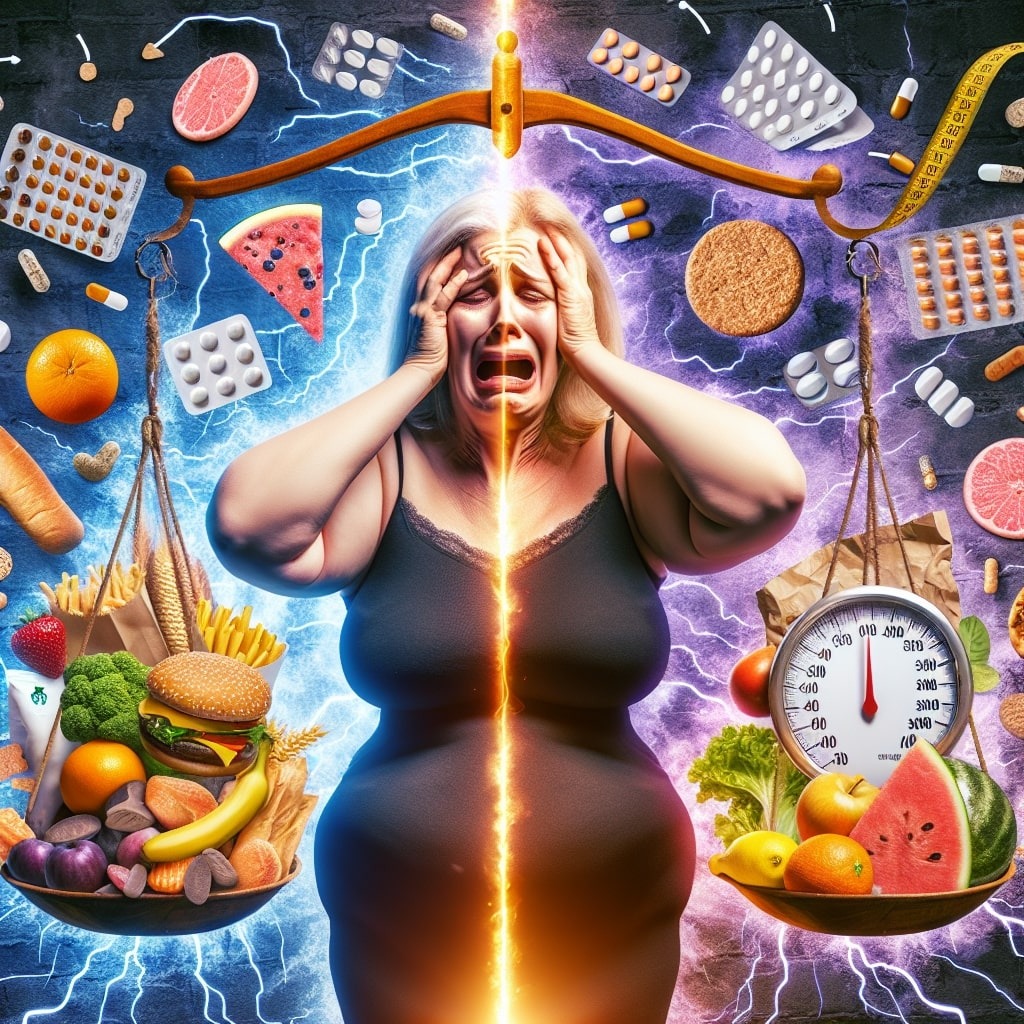
"Extreme dieting never works — except in the short period," Osborn said.
"The weight returns, and with a vengeance," he said.
"Extreme diets not only are poor long-term solutions, but they also decimate one’s metabolism due to the severe resultant muscle loss."
"Fat loss should be slow, and every effort made to preserve precious muscle at all costs," he advised.
In Osborn’s opinion, the best solution is not a "blind-faith protocol or diet, but an understanding of what nutritional signals drive fat loss and maintain muscle.
"Then, eating becomes thoughtless — and heath becomes a lifestyle."
 Add Row
Add Row  Add
Add 










Write A Comment